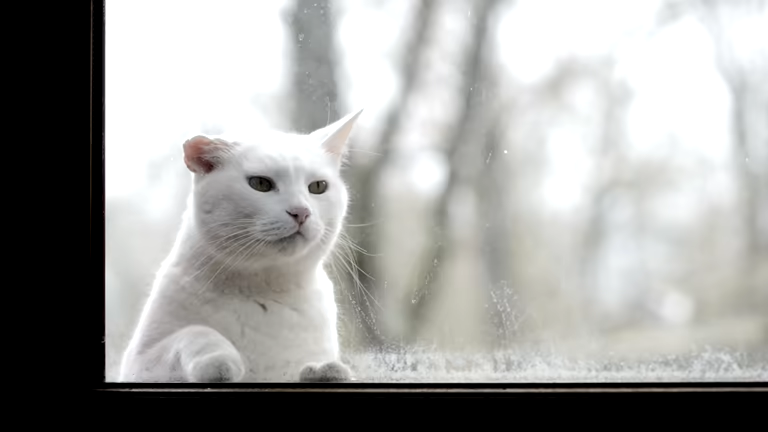Summary
Historical Background Literal beginnings: The idiom originally referred to being left outdoors in freezing conditions, a severe hardship in pre-modern societies. This could mean being locked out of one’s home or being forced to sleep outside in the bitter cold, which was a common punishment in some societies. Early figurative use: By the late 1800s, it was applied metaphorically to those denied access to opportunities or decision-making circles. This could manifest as being excluded from important meetings or discussions, or not being considered for a promotion or job opportunity. Medieval echoes: Some scholars suggest its conceptual roots go back even further to medieval inns where travelers without lodging were literally left outside in the cold.
Literary and Cultural References
The phrase became so entrenched that by the mid-20th century, it was a cliché. John le Carré famously played on it in his 1963 espionage novel The Spy Who Came in from the Cold, where “coming in from the cold” symbolized leaving the perilous world of espionage for safety.
Modern Usage
Today, “left out in the cold” is widely used in:
-
Business: “Small suppliers were left out in the cold when the Corporation centralized its contracts.”
-
Politics: “Voters in rural districts felt left out in the cold during the policy negotiations.”
-
Social life: “She was left out in the cold when her friends planned a trip without her.”
Why It Endures
The idiom resonates because it taps into a universal human fear: isolation and exclusion. Its imagery, simple yet powerful, is easily adaptable—from boardrooms to playgrounds. This simplicity and adaptability make it a readily accessible tool for expressing complex emotions.
